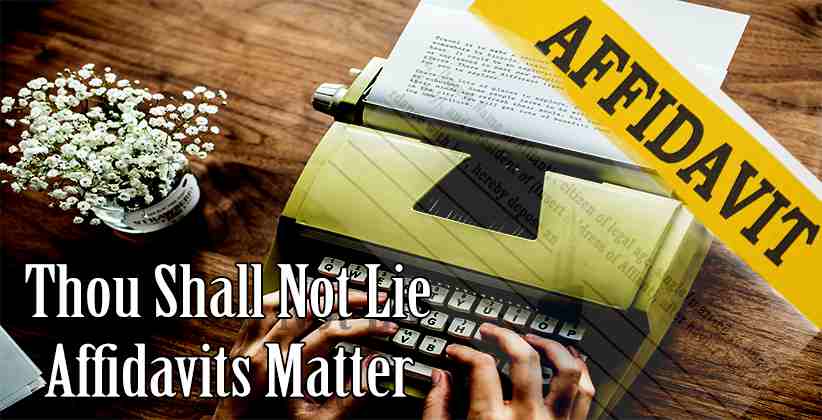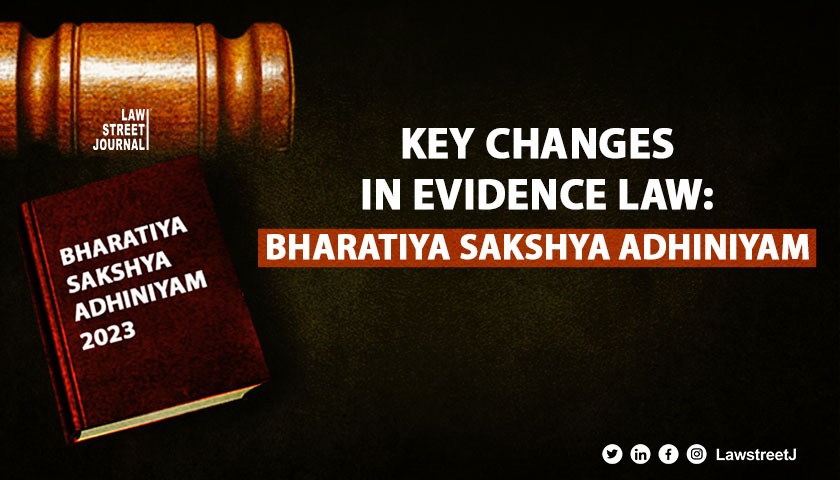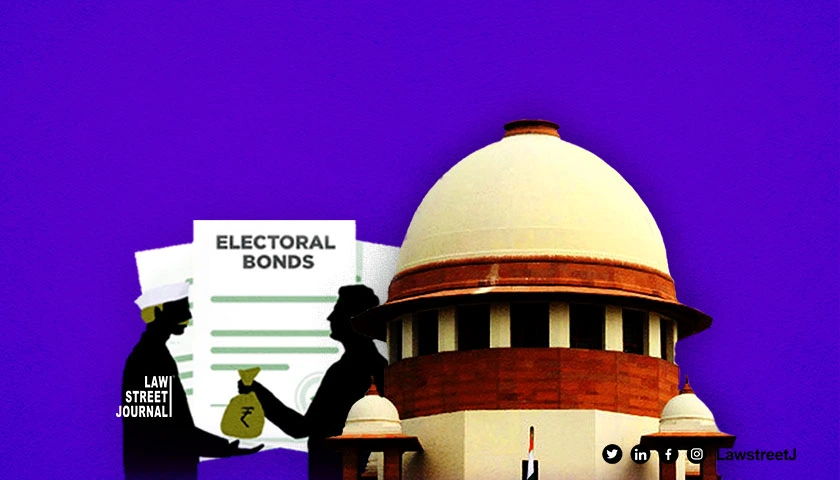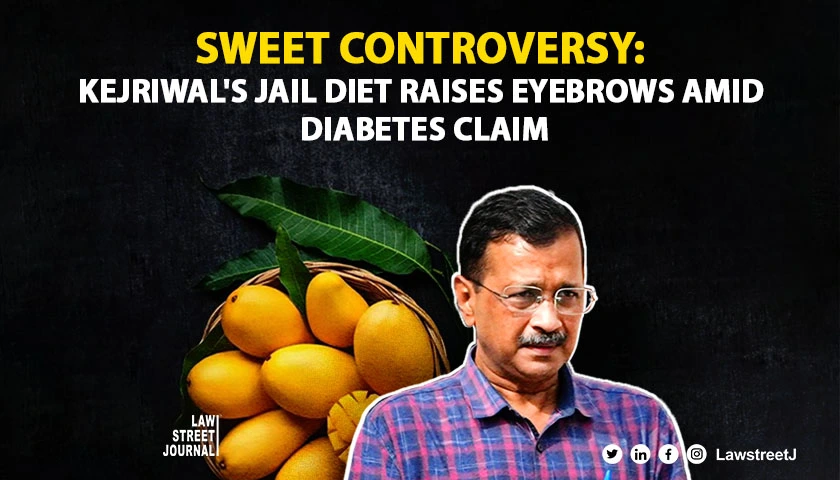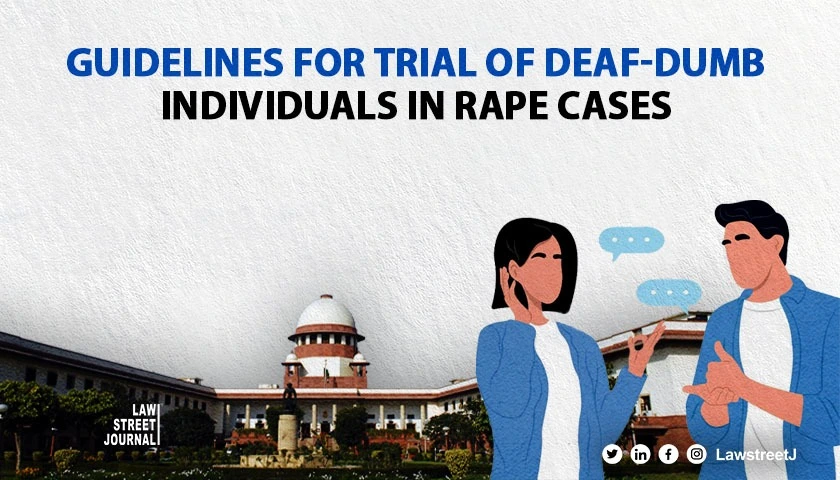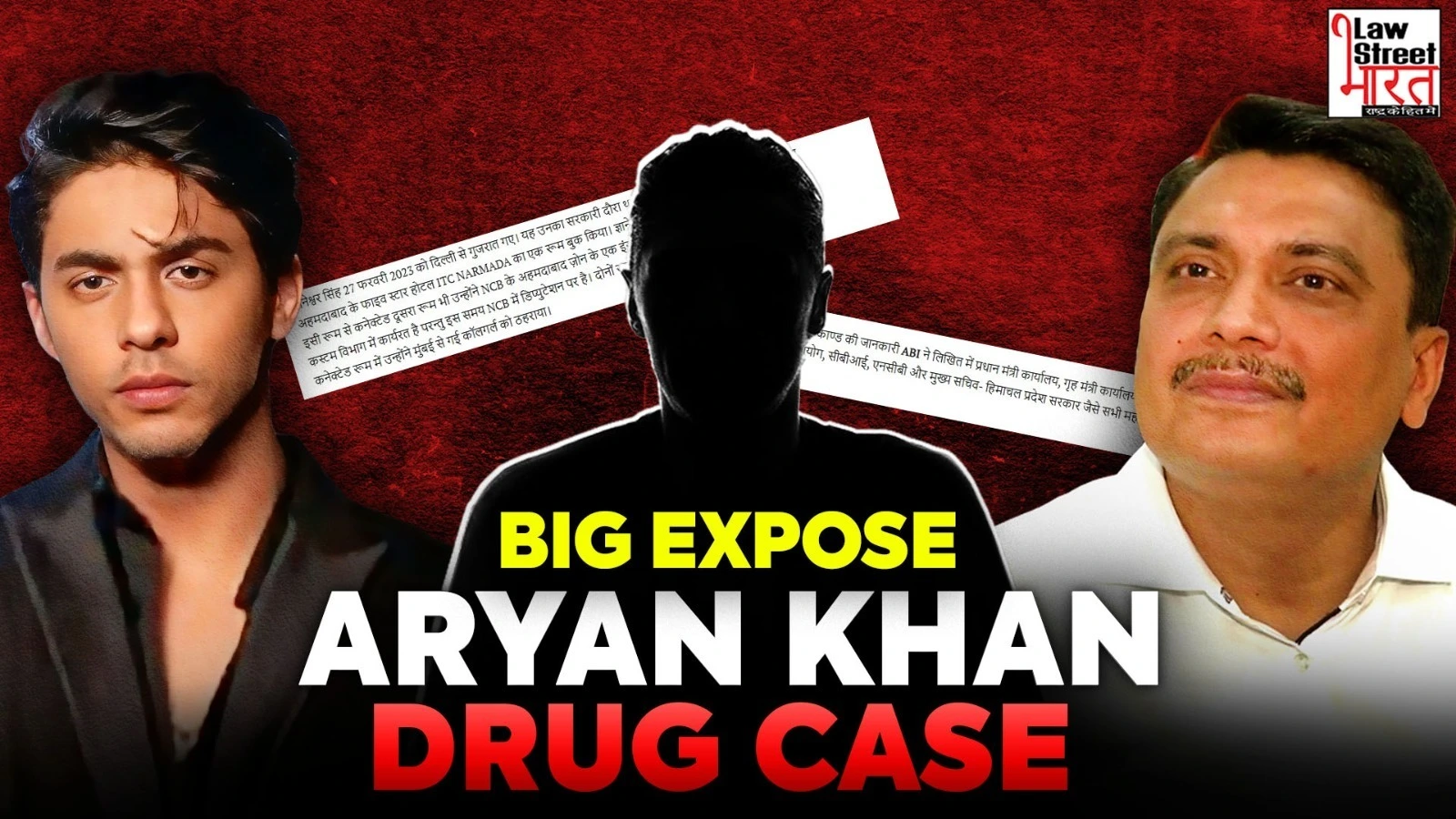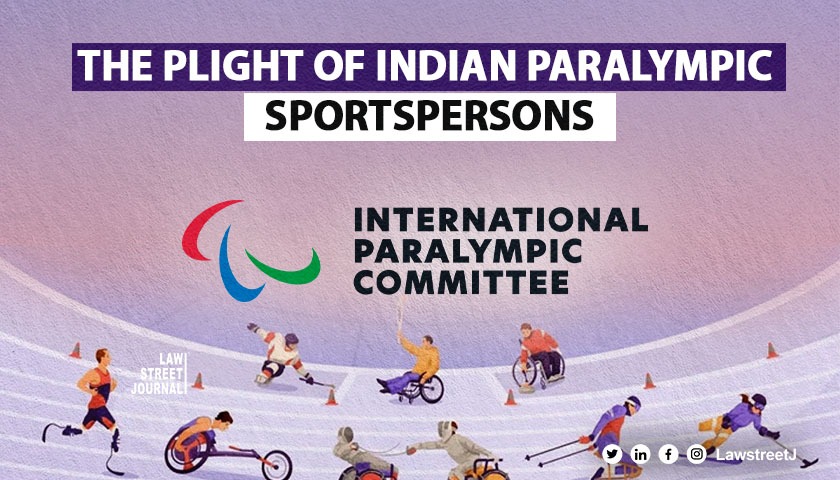1: Introduction:
Provisions related to affidavit are given in ORDER XIX of the Code of Civil Procedure, 1908 (Act 5 of 1908).
Order XIX
Rule 1. Power to order any point to be proved by affidavit. —
Any Court may at any time for sufficient reason order that any particular fact or facts may be proved by affidavit, or that the affidavit of any witness may be read at the hearing, on such conditions as the Court thinks reasonable:
Provided that where it appears to the Court that either party bona fide desires the production of a witness for cross-examination, and that such witness can be produced, an order shall not be made authorizing the evidence of such witness to be given by affidavit.
Rule 2. Power to order attendance of deponent for cross-examination. —
(1) Upon any application evidence may be given by affidavit, but the Court may, at the instance of either party, order the attendance for cross-examination of the deponent.
(2) Such attendance shall be in Court, unless the deponent is exempted from personal appearance in Court, or the Court otherwise directs.
Rule 3. Matters to which affidavits shall be confined. —
(1) Affidavits shall be confined to such facts as the deponent is able of his own knowledge to prove, except on interlocutory applications, on which statements of his belief may be admitted: provided that the grounds thereof are stated.
(2) The costs of every affidavit which shall unnecessarily set forth matters of hearsay or argumentative matter, or copies of or extracts from documents, shall (unless the Court otherwise directs) be paid by the party filing the same.
Definition of affidavit is given in the S. 3(3) of the General Clauses Act, 1897 as ‘affirmation and declaration in the case of person by law allowed or affirm or declare instead of swearing’. Affidavit is commonly understood to mean a sworn statement in the writing made especially under the oath or on affirmation before an authorised magistrate or officer. [i] The person who makes such statement and signs it is known as a deponent. An affidavit is a written document signed by the deponent, confirming that the contents of the affidavit are true and correct to his knowledge and he has concealed nothing material therefrom. It is duly attested/ affirmed by the Notary or Oath Commissioner. Such Notary/ Oath Commissioners are appointed by the Court of Law. The duty of the Notary/ Oath Commissioners is to ensure that the signature of the deponent is not forged. Hence, the deponent himself needs to be present before the Notary/ Oath Commissioner during the attestation of the affidavit.
Essential ingredients of the affidavit are as following. [ii]
- The statement or declaration made by the deponent relevant to the subject-matter.
- Swearing or affirmation of the truth of the statement made in affidavit in the presence of a person who in law is authorised either to administer oath or accept the affirmation so as to give sanctity to the statement.
- At the bottom, the signature of the deponent must appear or below that of the officer entitled to administer oath, who must put his signature in token of both, (i) that he administered the oath and (2) then deponent signed in his presence. [iii]
Section 139 of the Civil Procedure Code, 1908 gives the list of people who can administer oath.
S. 139: Oath on affidavit by whom to be administered. — In the case of any affidavit under this Code—
(a) any Court or Magistrate, or
[(aa) any notary appointed under the Notaries Act, 1952 (53 of 1952); or]
(b) any officer or other person whom a High Court may appoint in this behalf, or
(c) any officer appointed by any other Court which the State Government has generally or specially empowered in this behalf,
may administer the oath to the deponent.
2: Analysis of the Judicial Pronouncements:
In Padmabati Dasi v. Rasik Lal Dhar [iv], Calcutta High Court while emphasizing on strictly adhering to the requirement of Order XIX Rule 3 held that,
“We desire to impress on those who propose to rely on affidavits that, in future, the provisions of Order XIX, Rule 3, must be strictly observed, and every affidavit should clearly express how much is a statement of the deponent’s knowledge and how much is a statement of his belief, and the grounds of belief must be stated with sufficient particularity to enable the Court to judge whether it would be sage to act on the deponent’s belief.”
Above said position was subsequently affirmed by Constitution Bench of the Supreme Court in State of Bombay v. Purushottam Jog Naik [v], where Justice Vivian Bose speaking for the Court, held:
“We wish, however, to observe that the verification of the affidavits produced here is defective. The body of the affidavit discloses that certain matters were known to the Secretary who made the affidavit personally. The verification however states that everything was true to the best of his information and belief. We point this out as slipshod verifications of this type might well in a given case lead to a rejection of the affidavit. Verification should invariably be modelled on the lines of Order 19, Rule 3, of the Civil Procedure Code, whether the Code applies in terms or not. And when the matter deposed to is not based on personal knowledge the sources of information should be clearly disclosed. We draw attention to the remarks of Jenkins, C. J. and Woodroffe, J. in Padmabati Dasi vs. Rasik Lal Dhar 37 Cal 259 and endorse the learned Judges’ observations.”
Emphasizing on the importance of verification, the Constitution Bench of Supreme Court in A. K. K. Nambiar v. Union of India and another [vi], held as follows:
“The appellant filed an affidavit in support of the petition. Neither the petition nor the affidavit was verified. The affidavits which were filed in answer to the appellant’s petition were also not verified. The reasons for verification of affidavits are to enable the Court to find out which facts can be said to be proved on the affidavit evidence of rival parties. Allegations may be true to knowledge or allegations may be true to information received from persons or allegations may be based on records. The importance of verification is to test the genuineness and authenticity of allegations and also to make the deponent responsible for allegations. In essence verification is required to enable the Court to find out as to whether it will be safe to act on such affidavit evidence. In the present case, the affidavits of all the parties suffer from the mischief of lack of proper verification with the result that the affidavits should not be admissible in evidence.”
Order IX of the Supreme Court Rules, 2013 also has the provisions for affidavits. In that Order Rule 5 [vii] and 13 [viii] has the similar provision as those in Order XIX of the Code of Civil Procedure, 1908. In the case of Smt. Savitramma v. Cicil Naronha and another [ix], the Court held as follows explaining the scope of both (Supreme Court Rules and CPC):
“…In the case of statements based on information the deponent shall disclose the source of his information. Similar provisions are contained in Order 19, Rule 3 of the Code of Civil Procedure. Affidavit is a mode of placing evidence before the Court. A party may prove a fact or facts by means of affidavit before this Court but such affidavit should be in accordance with Order XI, Rules 5 and 13 of the Supreme Court Rules. The purpose underlying Rules 5 and 13 of Order XI of the Supreme Court Rules is to enable the Court to find out as to whether it would be safe to act on such evidence and to enable the court to know as to what facts are based in the affidavit on the basis of personal knowledge, information and belief as this is relevant for the purpose of appreciating the evidence placed before the Court, in the form of affidavit….”
In the same paragraph it has also been stated as follows:
“…If the statement of facts is based on information the source of information must be disclosed in the affidavit. An affidavit which does not comply with the provisions of Order XI of the Supreme Court Rules, has no probative value and it is liable to be rejected…
Supreme Court of India has made it very clear that perfunctory and slipshod affidavits which are not consistent either with Order XIX Rule 3 of the CPC or with Order XI Rules 5 and 13 of the Supreme Court Rules should not be entertained by the Courts.
3: Affidavit and Evidence:
An affidavit is not an evidence within the meaning of Section 3 of the Evidence Act, 1872 [x] and cannot ordinarily be used as evidence in absence of a specific order of the Court. In the matter of Khandesh Spg & Wvg Mills CO. Ltd. v. Rashtriya Girni Kamgar Sangh [xi], it was held by the Supreme Court that an affidavit can be used as evidence only if the Court so orders for sufficient reasons, namely, the right of the opposite party to have the deponent produced for cross-examination.
Same view was reiterated in Sudha Devi V. M.P. Narayanan & Ors [xii], where the Supreme Court held that affidavits are not included in the definition of “evidence” in Section 3 of the Evidence Act and the same can be used as “evidence” only if, for sufficient reasons, the Court passes an order under O. 19 Rr. 1 & 2 of the Code. In Range Forest Officer V. S.T. Hadimani [xiii], wherein the Apex Court held that filing of an affidavit only of his own statement in his favour cannot be regarded as sufficient evidence for any Court or Tribunal to come to the conclusion of a particular fact-situation.
In Chotu Khan v. Abdul Karim [xiv], the Rajasthan High Court had considered the scope of provisions of O. 19 Rr. 1 and 2 of the Code placing reliance upon large number of its earlier judgments and came to the conclusion that the said provisions make it abundantly clear that the Court may order the attendance of deponent for cross-examination and the said provisions do not empower the Court to issue process to enforce the attendance of the deponent. The Court further held that if a party fails to produce the deponent of the affidavit filed by him for cross-examination, affidavit of the deponent failing to attend the Court must be ignored.
4: Affidavits and Election Petitions:
In the case of Virendra Kumar Saklecha v. Jagjiwan and others [xv], the Supreme Court while dealing with an election petition dealt with the importance of disclosure of source of information in an affidavit. This Court held that non-disclosure will indicate that the election petitioner did not come forward with the source of information at the first opportunity. The importance of disclosing such source is to give the other side notice of the same and also to give an opportunity to the other side to test the veracity and genuineness of the source of information. The same principle also applies to the petitioner in this petition under Article 32 which is based on allegations of political motivation against some political parties in causing alleged interception of his telephone. The absence of such disclosure in the affidavit, which was filed along with the petition, raises a prima facie impression that the writ petition was based on unreliable facts.
In H.D. Revanna V. G. Puttaswamy Gowda & Ors. [xvi], the Supreme Court had held that the defect in verification of the election petition or the affidavit accompanying the election petition, is curable and not fatal.
In V. Narayanaswamy V. C.P. Thirunavukkarasu [xvii], the Supreme Court held that in case the election petition is based on corrupt practice, the existence of material facts, material particulars, correct verification and affidavit are relevant and important and in absence thereof, the Court has jurisdiction to dismiss the petition. “The High Court has, undoubtedly, the power to permit amendment of the petition for supply of better material particulars and also to require amendment of the verification and filing of the required affidavit but there is no duty cast on the High Court to direct suo motu the furnishing of better particulars and requiring amendment of the petition for the purpose of verification and filing a proper affidavit. In a matter of this kind, the primary responsibility for furnishing full particulars of the alleged corrupt practices and to filing of petition in full compliance of the provisions of law is on the petitioner.” However, there is a distinction as such a requirement is only for the Election petition based on corrupt practice. Want of verification or defect therein cannot make the pleading void and a suit cannot be dismissed on that ground for the reason that this is a matter of procedure only.
A Constitution Bench of the Supreme Court, in Dinabandhu Sahu v. Jadumoni Mangaraj & Ors. [xviii], over-ruled the objection that election petition with defective verification could not be accepted. In the said case, the Election Tribunal had directed the petitioner to cure the defect in verification by a particular date and the argument had been that the Tribunal ought to have dismissed the petition on the ground of defective verification.
5: Consequences of Filing A False Affidavit:
A false affidavit is one in which a person deliberately swears false and frivolous statements to be true, correct and accurate in an affidavit and signs it, in order to deceive and mislead the Court. This causes inordinate delay in proceedings and is a clear misuse of the judicial process. Filing of false affidavit is an offence of perjury under the provisions of the Indian Penal Code. It is a criminal offence under Section 191, 193, 195, 199 of Indian Penal Code, 1860 to make false affidavit in one’s pleadings or filing false affidavit or false document in evidence before court of law. Further, criminal contempt of court proceedings can be initiated against the person filing false affidavit.
An affidavit is evidence within the meaning of s. 191 of the IPC and a person swearing to a false affidavit is a guilty of perjury punishable under s 193 of the IPC. [xix] Section 193 of the Indian Penal Code deals with the Punishment for false evidence. Whoever intentionally gives false evidence in any stage of a judicial proceeding, or fabricates false evidence for the purpose of being used in any stage of a judicial proceeding, shall be punished with imprisonment of either description for a term which may extend to seven years, and shall also be liable to fine, and whoever intentionally gives or fabricates false evidence in any other case, shall be punished with imprisonment of either description for a term which may extend to three years, and shall also be liable to fine.
A person swearing to a false affidavit, therefore can be held guilty of perjury. [xx] Even a false statement made in an affidavit filed as true ‘to the best knowledge and belief’ of a person amounts to giving false evidence. [xxi]
However, a person does not commit perjury, if he, in his voluntarily made affidavit, makes assertions not from his personal knowledge but from what he had been told and where there is nothing to show the assertions are not correct. [xxii] He is also not guilty if his affidavit does not disclose which paragraph was true to his knowledge and which paragraph was true to information. [xxiii]
[i] B. M. Prasad, Mulla’s the Code of Civil Procedure 848 (LexisNexis, 17th edn., 2007).
[ii] Ibid.
[iii] M Veera Bhadra Rao v. Tek Chand, (1984) Supp SCC 571.
[iv] (1910) ILR 37 Cal 259.
[v] AIR 1952 SC 317, also see Barium Chemicals Limited and another v. Company Law Board and others, AIR 1967 SC 295
[vi] AIR 1970 SC 652 : (1969)3SCC864 : [1970]3SCR121
[vii] Rule 5. Affidavits shall be confined to such facts as the deponent is able of his own knowledge to prove, except on interlocutory applications, on which statements of his belief may be admitted, provided that the grounds therefore stated.
[viii] Rule 13. In this Order, 'affidavit' includes a petition or other document required to be sworn or verified; and 'sworn' includes affirmed. In the verification of petitions, pleadings or other proceedings, statements based on personal knowledge shall be distinguished from statements based on information and belief. In the case of statements based on information, the deponent shall disclose the source of his information, including official records.
[ix] AIR 1988 SCC 1987
[x] Prakash Rai v. J.N. Dhar, AIR 1977 Del 73; Radha Kishan v. Navratan Mal Jain & Anr., AIR 1990 Raj. 127; S. Sukumar v. Spl. Commissioner of Commercial Taxes, Madras, AIR 1991 Mad. 238; and M/s Glorious Plastics Ltd. v. Laghate Enterprises & Ors., AIR 1993 Bom 224.
[xi] AIR 1960 SC 571 : 1960 SCR (2) 841.
[xii] AIR 1988 SC 1381.
[xiii]AIR 2002 SC 1147.
[xiv] AIR 1991 Raj. 119.
[xv] (1972) 1 SCC 826.
[xvi] AIR 1999 SC 768.
[xvii] AIR 2000 SC 694.
[xviii] AIR 1954 SC 411.
[xix] Baban Singh v Jagdish Sing, AIR 1967 SC 68.
[xx] Re Suo Motu Proceedings against R Karuppan, Advocate, AIR 2001 SC 2204 : (2001) 5 SCC 289.
[xxi] Ranjit Singh v. State of Pepsu, AIR 1959 SC 843, (1959) Cr LJ 1124 (SC).
[xxii] Dinanath v. Nek Ram, AIR 1923 All 175.
[xxiii] Jyotindra Mohan Roy v. State of Gujarat (1967) Cr LJ 359 (Guj).
Author: Parth Thummar
1st year LL.B. (Hons.) IPR, Rajiv Gandhi School of Intellectual Property Law, IIT Kharagpur.
